Housing help brings stability to patients’ lives
With medical-legal partnerships, we’re helping prevent evictions. Patients with safe places to call home can more easily focus on their basic health needs.
Medical-legal partnerships help families facing a housing crisis in order to prevent evictions and homelessness.
It can be overwhelming to care for twins. What’s even harder? Twins with special needs.
Ms. Smith (who asked to use her last name only to protect her privacy) is a Kaiser Permanente member and single parent of twins born with health and developmental issues. She struggled to care for her sons and pay for housing.
Unable to work outside the home, Smith got by with the support of relatives. When the pandemic hit, she was able to keep her Sacramento, California, apartment with help from the city’s COVID-19 relief emergency rental assistance program.
As pandemic-era funding ran out, Smith’s rental assistance stopped. She found herself in a cycle of paying back rent and late fees. Eventually, Smith received a final eviction notice.
“I had 3 days to pay a quarter of the rent and needed to go down to the courthouse to file. But I didn’t have finances to pay or gas to even get there,” said Smith.
Legal aid is pivotal to avoiding eviction
Smith’s medical social worker referred her to Legal Services of Northern California for assistance.
Legal Services of Northern California is one of a number of legal aid organizations that Kaiser Permanente partners with to provide legal services to patients in need. Members of our care teams are trained in spotting legal issues that could potentially impact a patient’s health. This especially includes housing-related legal concerns, such as evictions. When an issue is identified, the patients get a referral and can receive legal help at no cost.
“Our medical-legal partnerships are crucial in ensuring that patients who are most in need of housing stability can access legal resources,” said Stephanie Ledesma, vice president of community health for Kaiser Permanente.
In Smith’s case, Legal Services of Northern California contacted the courthouse on her behalf and filed the necessary paperwork to avoid her immediate eviction. The firm settled an agreement with her landlord’s lawyer that helped Smith stay in her home and granted her time to catch up on rent.
Kaiser Permanente has similar medical-legal partnerships in Baltimore; Portland, Oregon; Sacramento; Vallejo, California; and on Oahu, Hawaii. We plan to launch additional partnerships in Denver and Los Angeles later in 2023.
Our aim with the partnerships is to support our patients’ total health. Without a safe place to call home, it’s nearly impossible to focus on basic health and medical needs. We rolled out our medical-legal partnership initiative in 2021, in collaboration with the National Center for Medical-Legal Partnership and HealthBegins.
“By improving access to community legal aid, we are preventing homelessness. And we are eliminating the physical and mental health consequences that eviction can have on health,” said Ledesma.
Supporting social needs
In addition to fighting evictions, the medical-legal partnership team coordinates to support patients with a variety of other social needs.
Once Smith was able to fight her eviction, Legal Services of Northern California walked her through the steps to reapply for rental assistance under the city’s new regulations. Her medical social worker then turned her attention to helping Smith apply for in-home supportive services for her sons. Her sons now receive speech and language therapy at home.
“I’m so grateful to have a stable home and medical care for my kids,” said Smith. “I’m very appreciative of the legal help for me when it comes to housing. Regardless of anyone’s income, there are resources out there for people."
Get the help you need
We’re here to support you however we can. If you or someone you know needs help with essentials like food or housing, or needs assistance paying bills, start your search at kp.org/communityresources or call 1-800-260-7445 (TTY 711), Monday through Friday between 8 a.m. and 5 p.m. local time.
Eviction, equity, and health
Nearly 6 out of 100 renting households were threatened with eviction at least once during 2018, according to the Eviction Lab. In a typical year between 2000 and 2018, landlords filed 3.6 million eviction cases.
Eviction filings are now on the rise again as pandemic-era rental assistance funds and restrictions on evictions sunset. Black tenants — especially Black women — face a greater threat of eviction due to decades of inequalities in the housing system. Black women are more than twice as likely to have evictions filed against them as white people.
High blood pressure, depression, anxiety, and poor health are some of the negative effects associated with evictions.
-
Social Share
- Share Housing Help Brings Stability to Patients' Lives on Pinterest
- Share Housing Help Brings Stability to Patients' Lives on LinkedIn
- Share Housing Help Brings Stability to Patients' Lives on Twitter
- Share Housing Help Brings Stability to Patients' Lives on Facebook
- Print Housing Help Brings Stability to Patients' Lives
- Email Housing Help Brings Stability to Patients' Lives
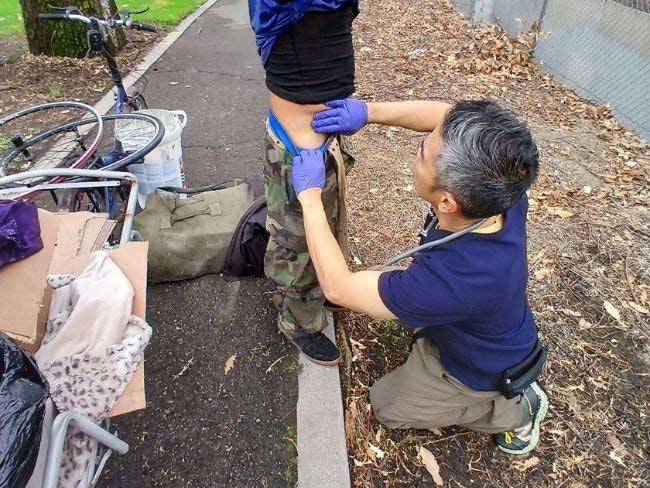
April 21, 2025
A heart for helping others
A Kaiser Permanente doctor is passionate about providing medical care and …
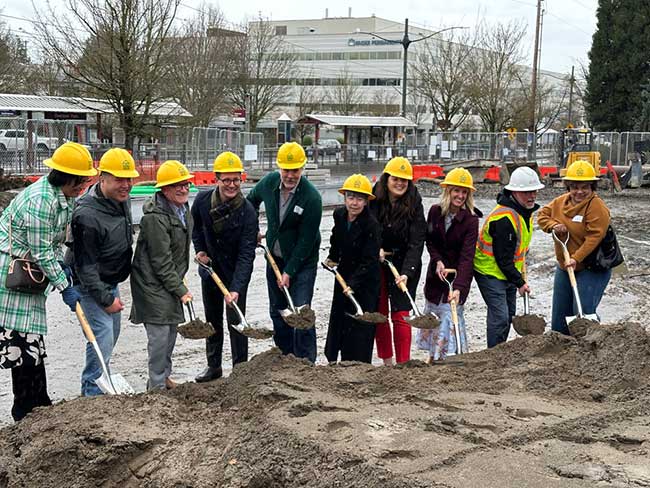
April 15, 2025
3 ways we’re helping build and preserve affordable housing
Good health starts with having a safe, affordable place to live.

March 27, 2025
We’re committed to mentorship, mental health, and communities
Kaiser Permanente awarded Elevate Your G.A.M.E. a grant to expand program …

March 25, 2025
AI in health care: 7 principles of responsible use
These guidelines ensure we use artificial intelligence tools that are safe …
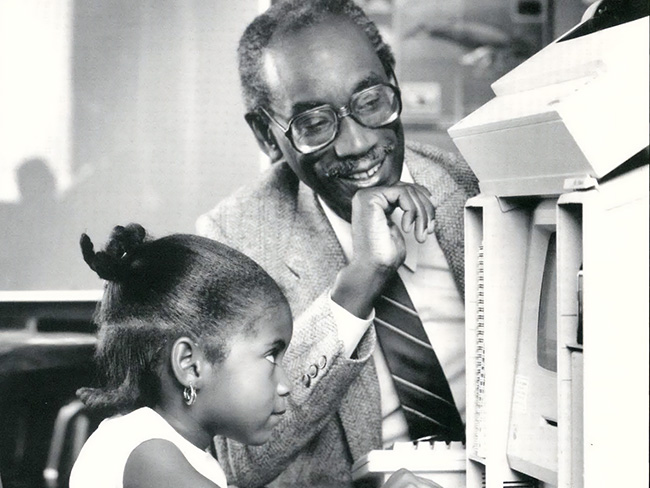
March 17, 2025
Remembering Bill Coggins and his lasting legacy
The founder of the Kaiser Permanente Watts Counseling and Learning Center …

December 26, 2024
Linking isolated communities to care
A collaborative partnership, powered by trusted nonprofit partners, brings …

November 11, 2024
Medicare telehealth flexibilities should be here to stay
We urge Congress to extend policies that have improved access to care and …
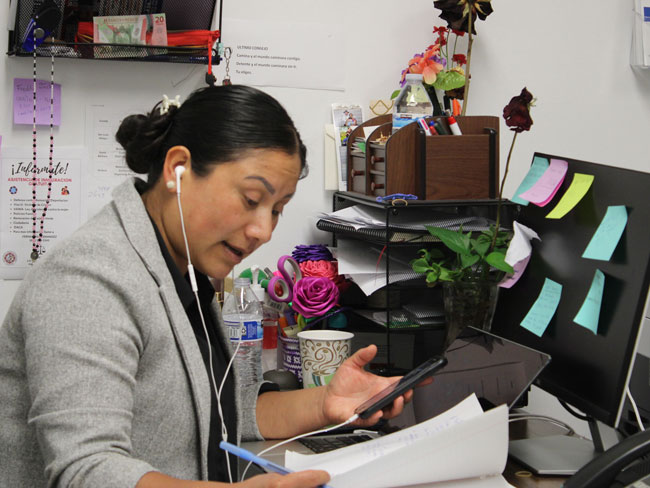
November 11, 2024
Health care coverage now accessible to uninsured people
Indigenous farmworkers may qualify for new Kaiser Permanente coverage.

November 6, 2024
A best place to work for veterans
As a 2024 top Military Friendly Employer, Kaiser Permanente supports veterans …

October 15, 2024
Our dedication to fostering well-being and equity
The 2023 Kaiser Permanente Southern California Community Health County …
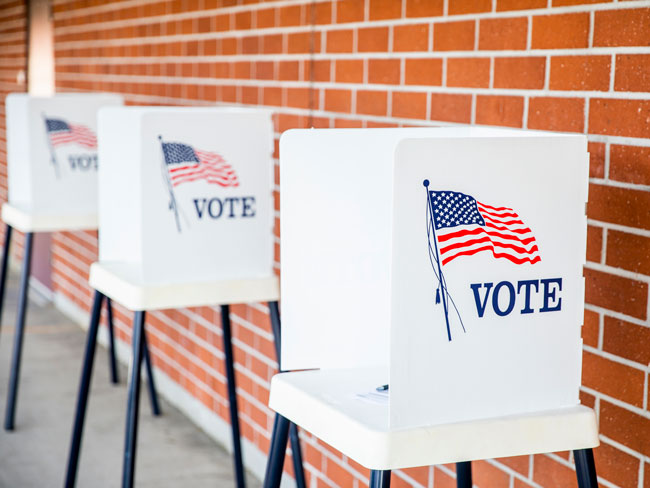
September 16, 2024
Voting affects the health of our communities
In honor of National Voter Registration Day, we encourage everyone who …

July 26, 2024
Collaboration transforms care for older adults
Our partnership with ONEgeneration aims to prevent homelessness and improve …

July 23, 2024
Increasing resources to house single-parent families
Warren Village expands its efforts to transform Denver’s affordable housing …

July 16, 2024
Teacher residency program improves retention and diversity
A $1.5 million Kaiser Permanente grant addresses Colorado teacher shortage …

June 19, 2024
Investments in Black community promote total health for all
Funding from Kaiser Permanente in Washington helps to promote mental health, …

May 7, 2024
Can the badly broken prescription drug market be fixed?
Prescription drugs are unaffordable for millions of people. With the right …

April 12, 2024
It’s time to address America’s Black maternal health crisis
Health care leaders and policymakers should each play their part to help …

April 8, 2024
Reducing inequity with fruits and vegetables
Black Americans experience worse health outcomes compared to other populations. …
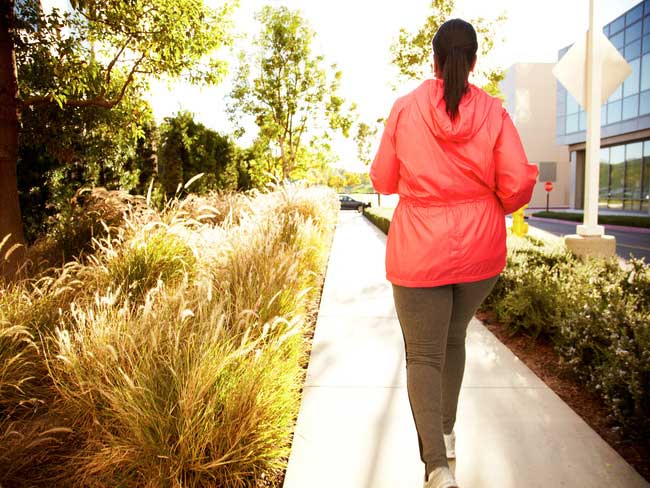
March 18, 2024
Program helps member prioritize her health
Medical Financial Assistance program supports access to health care.

March 6, 2024
Former employee honored for supporting South LA families
Bill Coggins, who founded the Kaiser Permanente Watts Counseling and Learning …
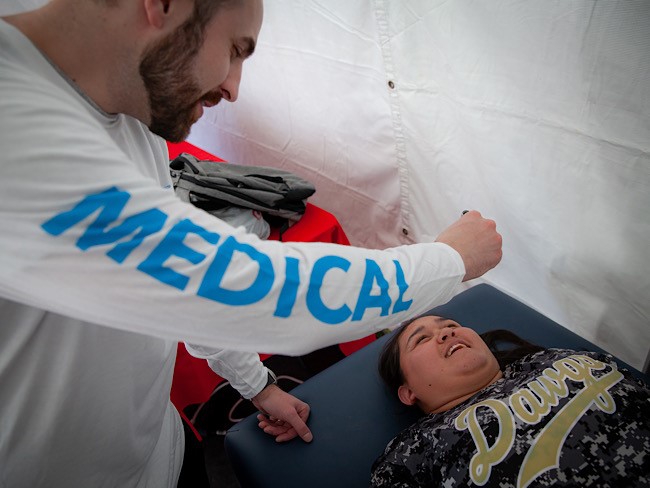
March 4, 2024
Taking care of Special Olympics athletes
Kaiser Permanente physicians and medical students provide medical exams …

February 12, 2024
Proposition 1 would bolster mental health care in California
Kaiser Permanente supports the ballot measure to expand and improve mental …

February 2, 2024
Expanding medical, social, and educational services in Watts
Kaiser Permanente opens medical offices and a new home for the Watts Counseling …

January 10, 2024
‘You don’t know unless you ask them’
Kaiser Permanente’s Patient Advisory Councils help us create exceptional …

December 20, 2023
Championing inclusivity at the Fall Games
Kaiser Permanente celebrates inclusion at Special Olympics Southern California …

December 7, 2023
Safe, secure housing is a must for health
We offer housing-related legal help to prevent evictions and remove barriers …
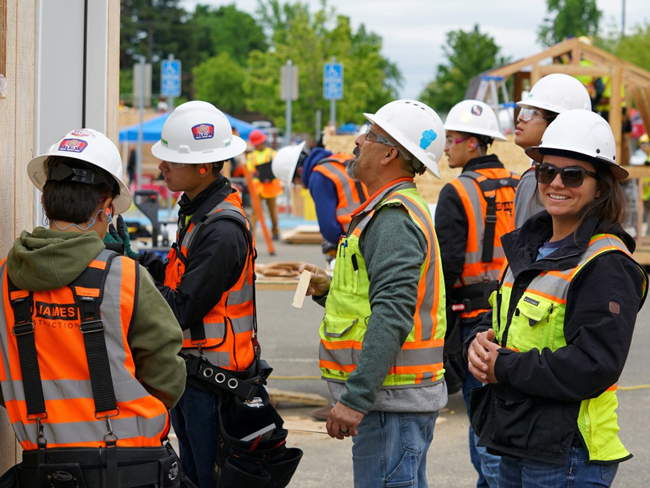
December 6, 2023
Solid foundation: How construction careers support health
Steady employment can improve a person's health and well-being. Our new …

November 1, 2023
Meet our 2023 to 2024 public health fellows
To help develop talented, diverse community leaders, Kaiser Permanente …
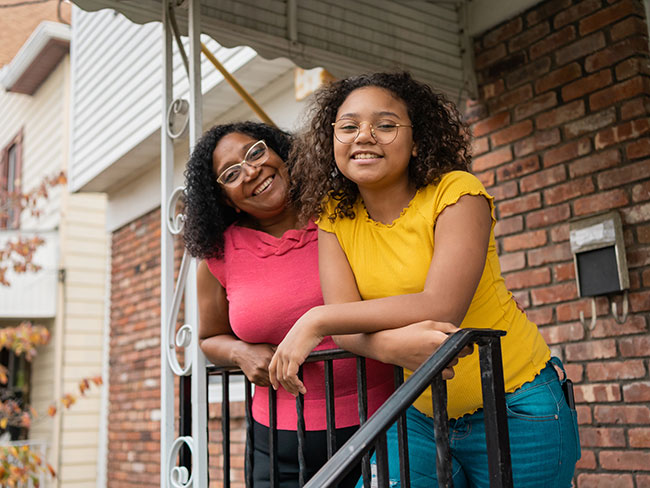
October 19, 2023
Expanding support for housing stability
Innovative medical-legal partnerships keep families in stable housing to …
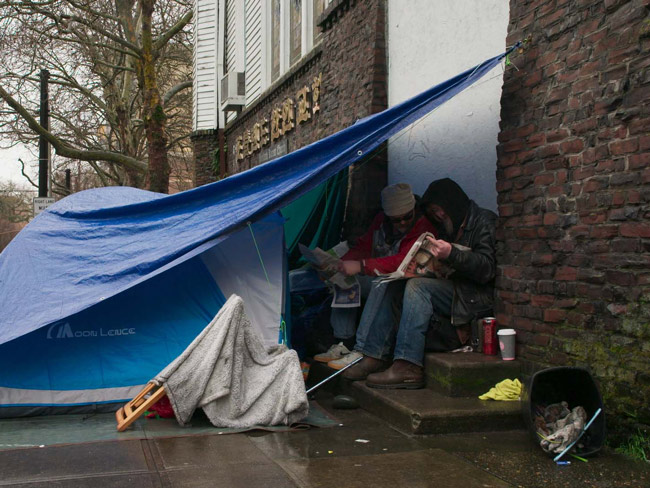
October 19, 2023
Pathways out of homelessness
Season 3 of “The Way Home” documentary series, created with support from …
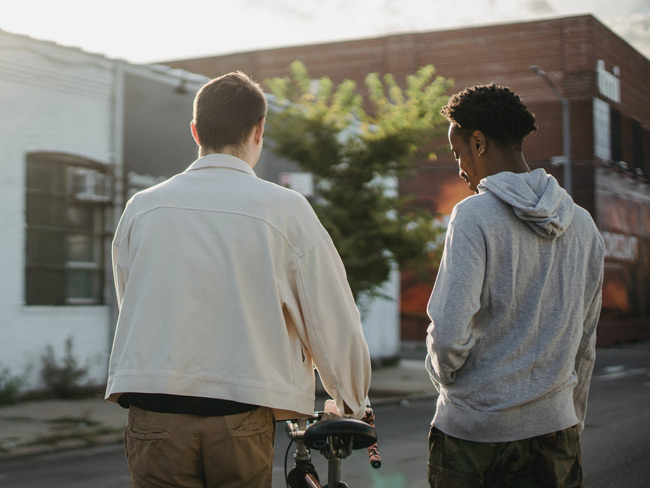
October 11, 2023
Expanded gun violence prevention efforts
The next phase for the Kaiser Permanente Center for Gun Violence Research …
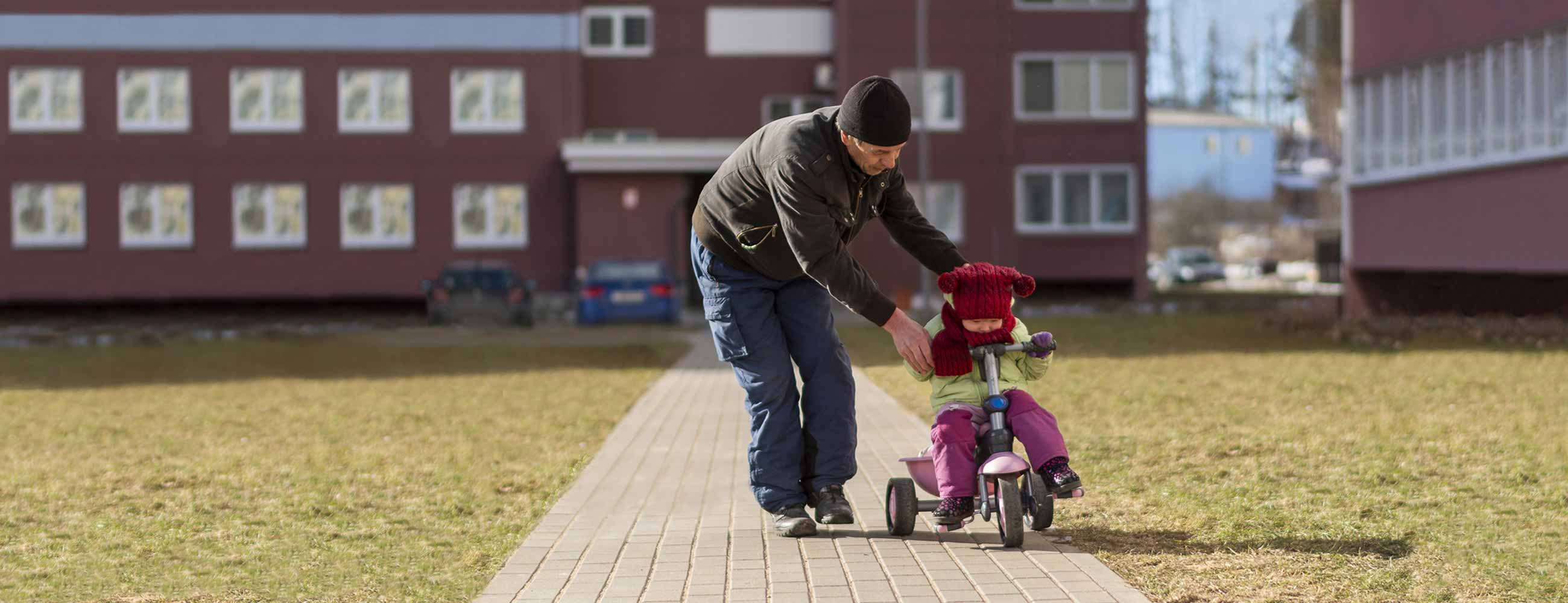
August 22, 2023
Housing and homelessness
Supporting housing to improve health

August 15, 2023
'Hot-spot' strategy gets more Californians vaccinated
A new location-based vaccine strategy by Kaiser Permanente was successful …

August 10, 2023
Highlighting our community health work in Southern California
The Kaiser Permanente Southern California 2022 Community Health Snapshot …
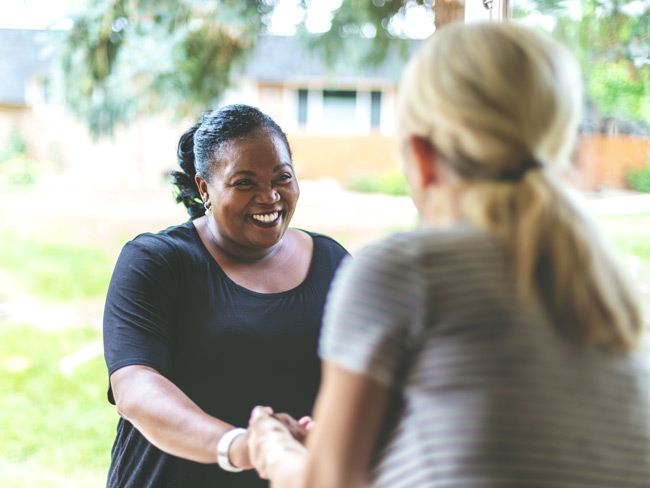
August 2, 2023
Social health resources are just a click or call away
The Kaiser Permanente Community Support Hub can help members find community …

August 1, 2023
Joining forces to improve community health
The Kaiser Permanente and 211 LA partnership makes strides in improving …
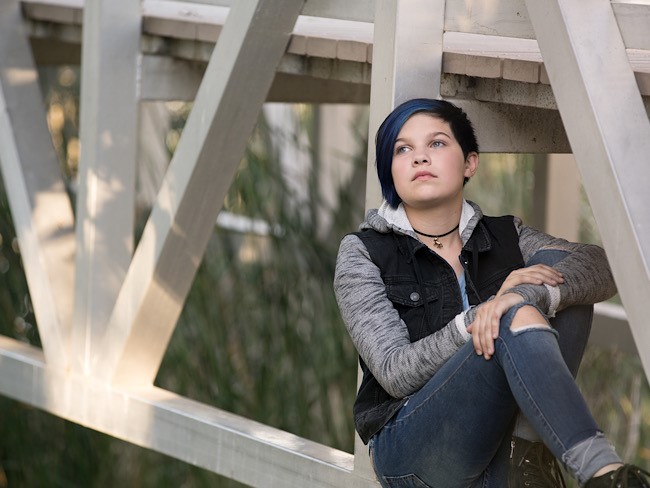
July 3, 2023
A compassionate approach is saving lives and rebuilding hope
Kaiser Permanente Los Angeles Medical Center’s Bridge Program has become …

June 30, 2023
Our response to Supreme Court ruling on LGBTQIA+ protections
Kaiser Permanente addresses the Supreme Court decision on LGBTQIA+ protections …

June 29, 2023
Our response to Supreme Court's ruling on affirmative action
Kaiser Permanente addresses the Supreme Court decision on affirmative action …

June 29, 2023
Special Olympics athletes go for the gold
Kaiser Permanente celebrated its sixth year as official health partner …

June 14, 2023
Honored for commitment to people with disabilities
The Achievable Foundation recognized Kaiser Permanente for its work to …

June 7, 2023
Engaging businesses for action on climate and health equity
New climate collaborative with BSR announced at joint Kaiser Permanente …

May 22, 2023
Investing and partnering to build healthier communities
Kaiser Permanente supports Asian Americans Advancing Justice to promote …
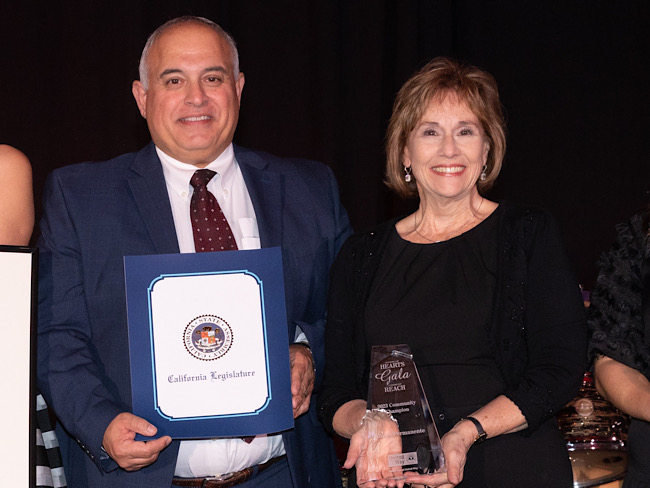
May 19, 2023
Partnering to improve the health of homeless individuals
Grant funds will combat housing inaccessibility and improve health care …

May 10, 2023
A workplace for all
We value and respect employees and physicians of all backgrounds, identities, …

May 10, 2023
Equity, inclusion, and diversity
We strive for equity and inclusion for all.
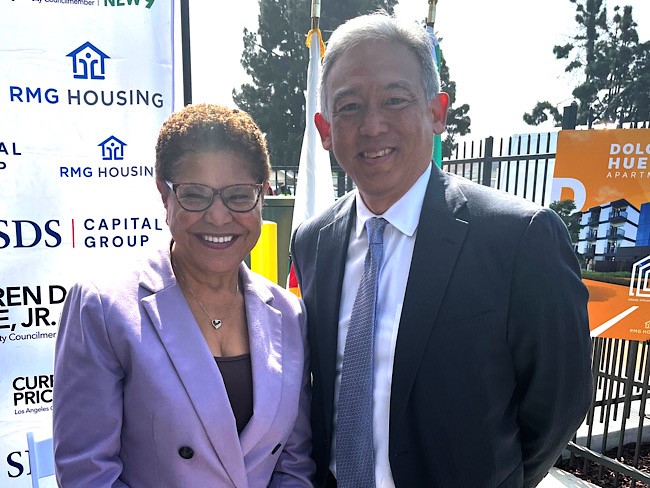
May 3, 2023
Transforming the lives of people experiencing homelessness
Kaiser Permanente recognizes that safe, affordable housing is crucial to …

May 2, 2023
Women lead an industrial revolution at the Kaiser Shipyards
Early women workers at the Kaiser shipyards diversified home front World …
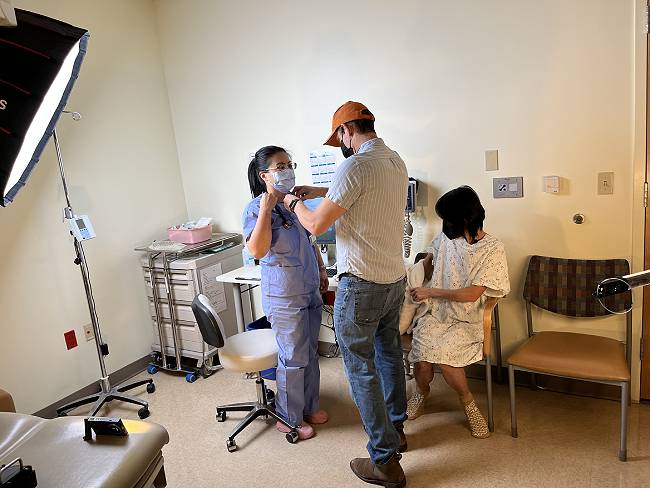
April 27, 2023
Inspiring students to pursue health care careers
Kaiser Permanente is confronting future health care staffing challenges …

April 25, 2023
Hannah Peters, MD, provides essential care to ‘Rosies’
When thousands of women industrial workers, often called “Rosies,” joined …

April 18, 2023
When health and housing combine, good things happen
Kaiser Permanente takes steps to preserve affordable housing and sees successes …

April 11, 2023
Collaboration is key to keeping people insured
With the COVID-19 public health emergency ending, states, community organization …
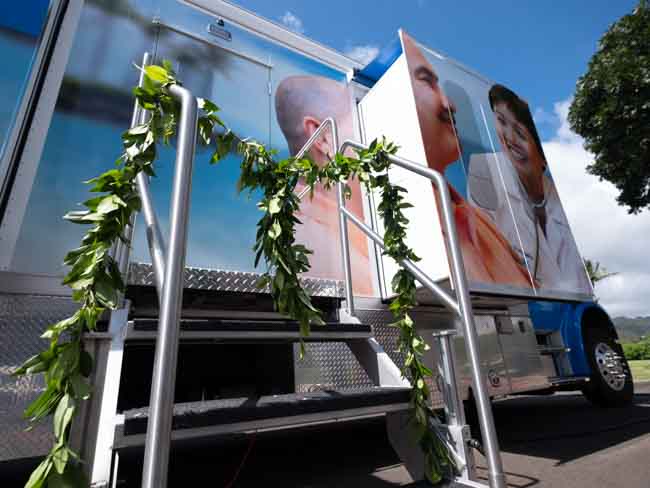
April 7, 2023
Increasing access to health care
Kaiser Permanente launches new mobile health vehicle on Oahu.
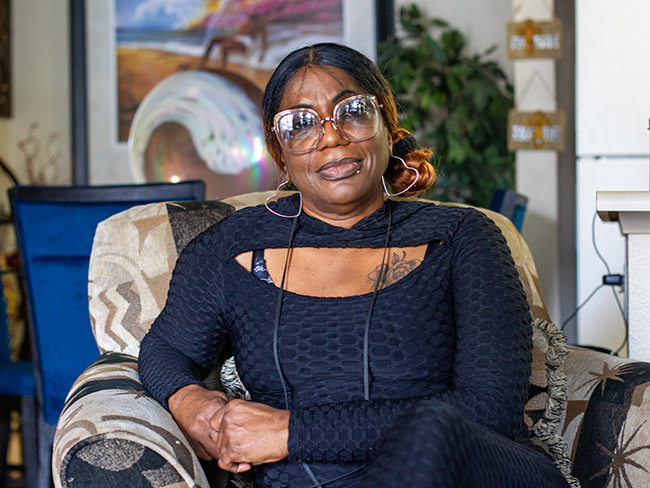
April 3, 2023
Hospital patients who are homeless connected to housing
A Kaiser Permanente program connects patients experiencing homelessness …

March 29, 2023
Supporting a safer future with public health
We’re partnering on 3 initiatives to strengthen public health in the United …
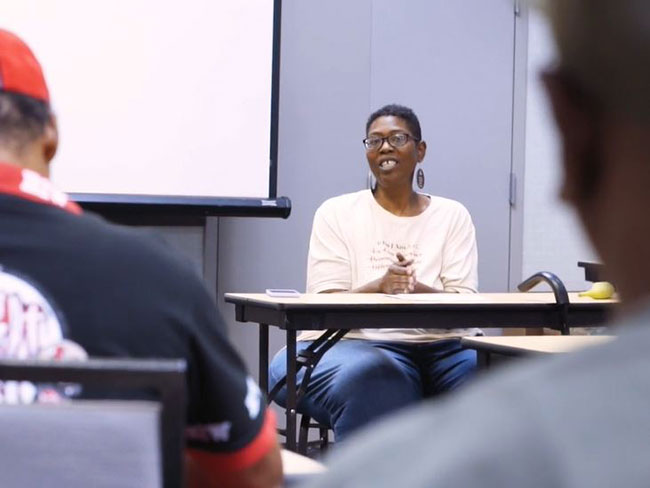
March 28, 2023
Sentenced to prison, not a life of bad health
Reentering society after serving time can land people in unhealthy situations. …

March 14, 2023
Named among World’s Most Ethical Companies for 5th time
Organizations that receive this recognition improve communities, build …

March 13, 2023
Making waves with our first female sports ambassador
Kaiser Permanente in Southern California partners with San Diego Wave Fútbol …
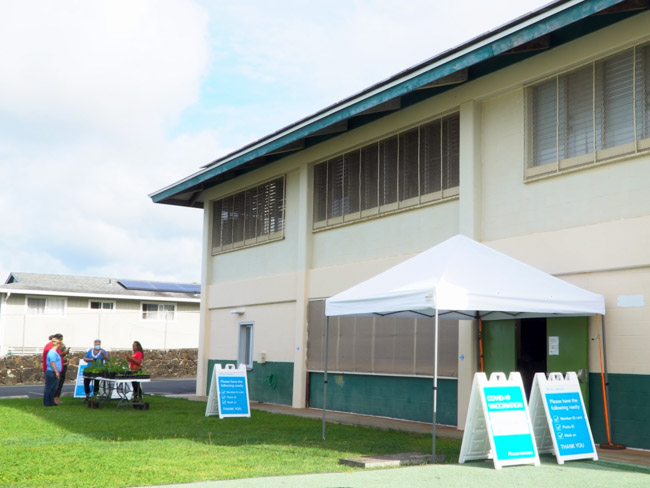
March 2, 2023
Improving the health of the community
Kaiser Permanente awards $80,000 in grants for health policy and community …

February 28, 2023
A conversation about pregnancy and women’s heart health
New research shows blood pressure patterns early in pregnancy can identify …

February 17, 2023
Good health starts in our communities: 2022 by the numbers
Kaiser Permanente supports total health in our communities in partnership …
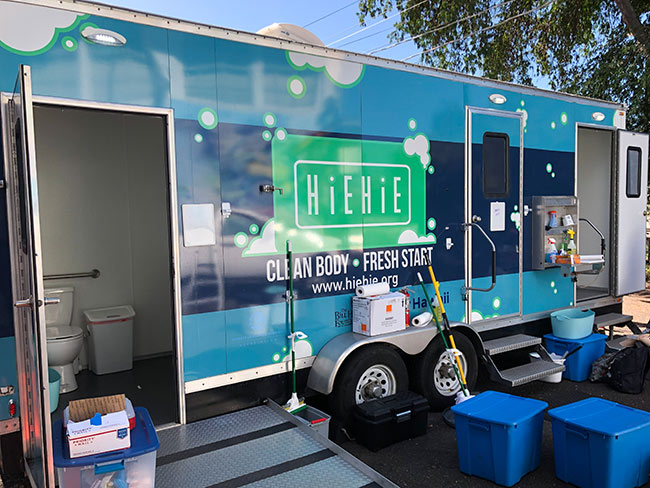
February 3, 2023
Addressing health and housing insecurity
Kaiser Permanente supports 3 Hawaii-based nonprofits.

February 2, 2023
Addressing social isolation in the Northwest
Kaiser Permanente invests $3.3 million to build healthy social connections …

January 17, 2023
Lawmakers must act to boost telehealth and digital equity
Making key pandemic-era telehealth policies permanent and ensuring more …
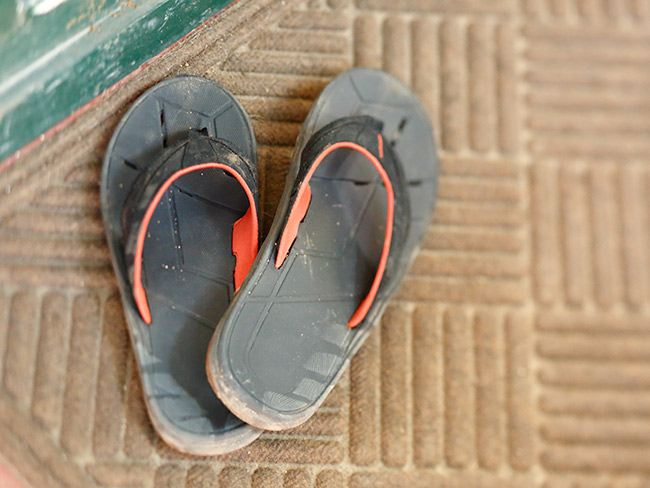
December 2, 2022
Addressing homelessness and changing lives
Kaiser Permanente funds innovative projects on Oahu.

November 17, 2022
Addressing housing insecurity
Kaiser Permanente funds 2 grants for Hawaii-based nonprofits.

November 14, 2022
It’s time to rethink health care quality measurement
To meaningfully improve health equity, we must shift our focus to outcomes …
November 11, 2022
Early leaders in equity and inclusion
Explore Kaiser Permanente’s commitment to equitable, culturally responsive …

November 11, 2022
High-quality, equitable care
We believe everyone has a right to good health.

November 8, 2022
Protecting access to medical care for legal immigrants
A statement of support from Kaiser Permanente chair and CEO Greg A. Adams …
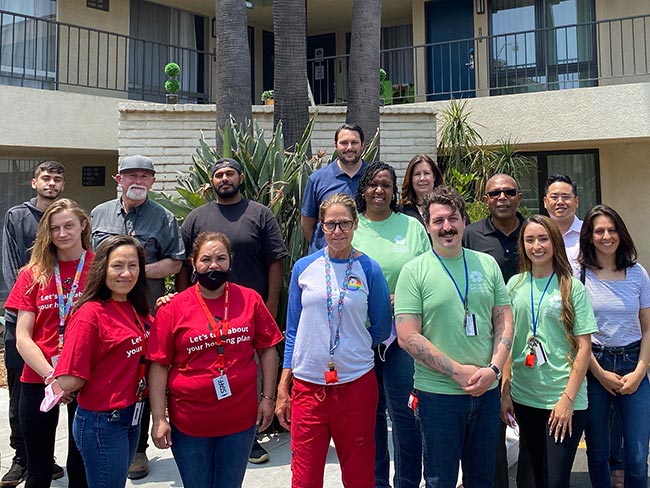
November 8, 2022
A shared goal: Ending homelessness in California
Where you live impacts your health. With a new $1.5 million grant, we’re …
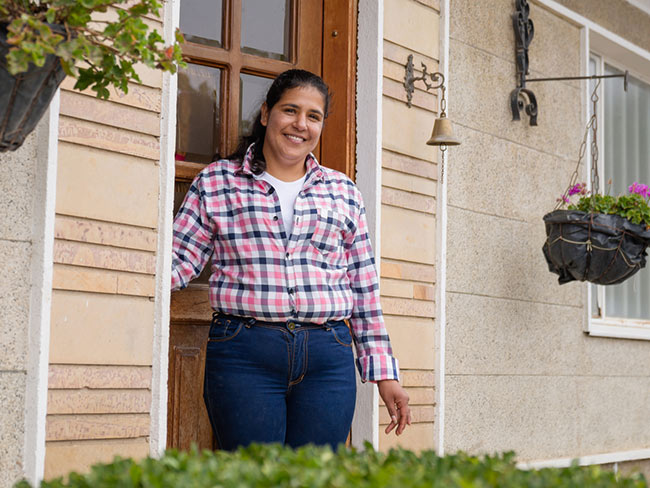
September 14, 2022
Rent reporting can help millions build credit and thrive
A good credit score can make it easier to buy a home, pay for school, or …
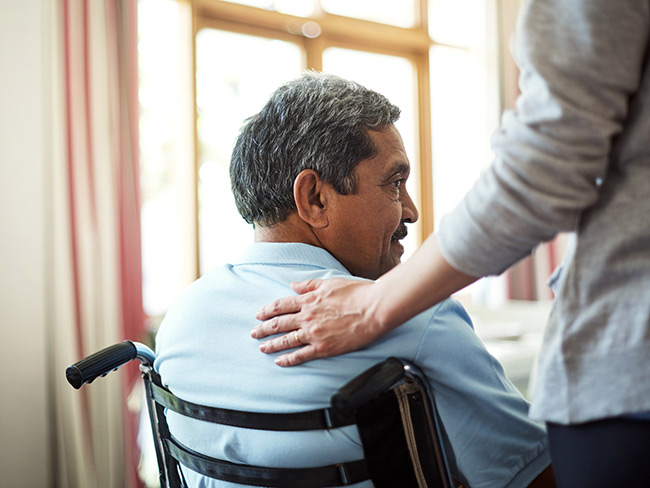
August 18, 2022
Homeless and sick: Medical respite centers offer vital care
Working with our communities, we’re supporting centers that offer short-term …
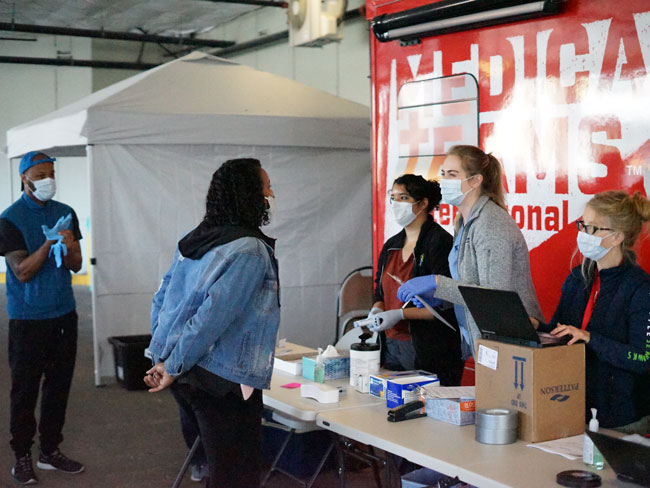
August 8, 2022
Kaiser Permanente and Medical Teams launch mobile services
Mobile dental and medical clinics are now available for uninsured individuals …
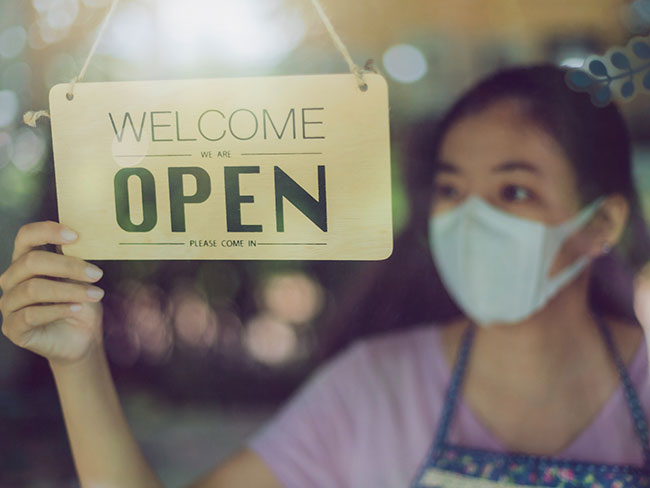
May 27, 2022
Grants help AAPI communities and businesses
Kaiser Permanente is working with community organizations and businesses …
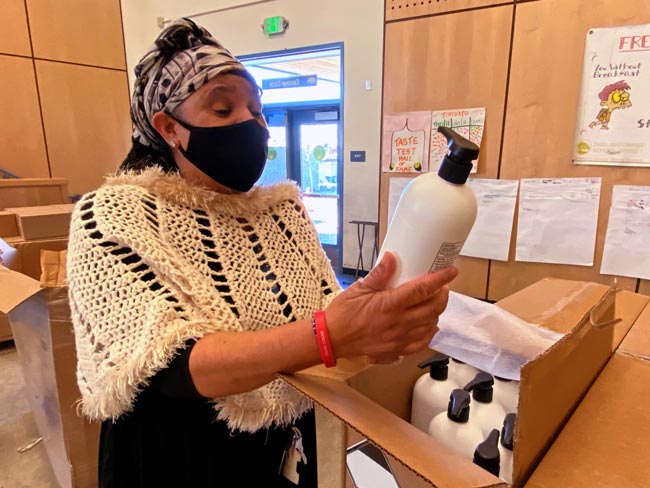
May 4, 2022
Donated supplies keep community organizations pandemic-ready
We donated over $28 million worth of face masks, hand sanitizer, and other …

March 22, 2022
Our commitment to equity and our LGBTQIA+ communities
A statement from chair and chief executive officer Greg A. Adams.
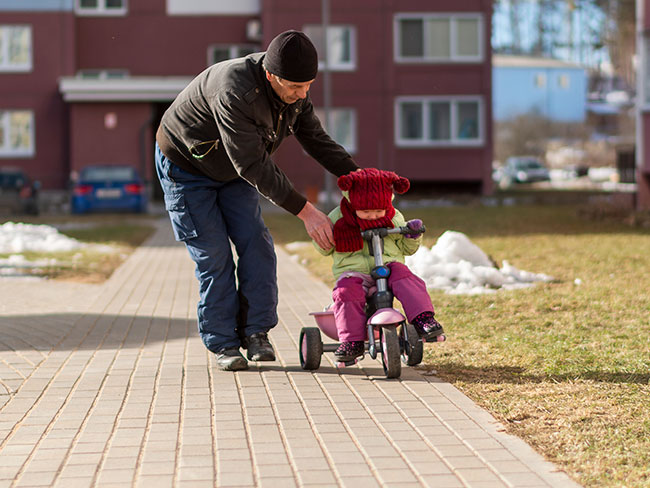
February 28, 2022
Private investments in housing are critical — and not enough
Public policy changes and private investments together are needed to end …

February 21, 2022
A best place to work for LGBTQ+ equality
Human Rights Campaign Foundation gives Kaiser Permanente another perfect …
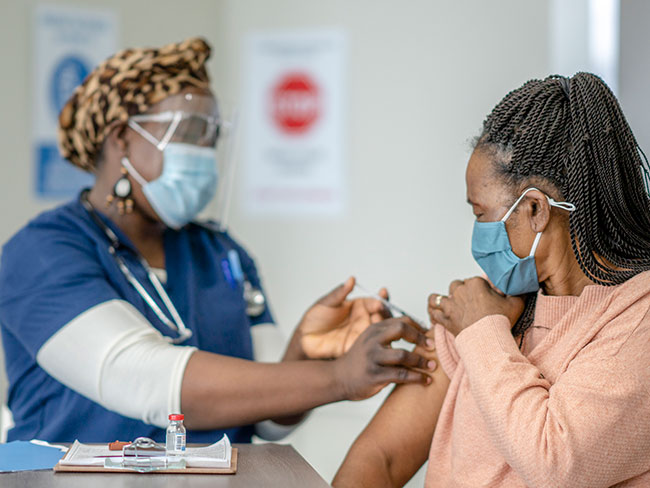
December 6, 2021
Faith leaders use trusted voices to encourage vaccination
Grants expand support for faith-based organizations working to protect …
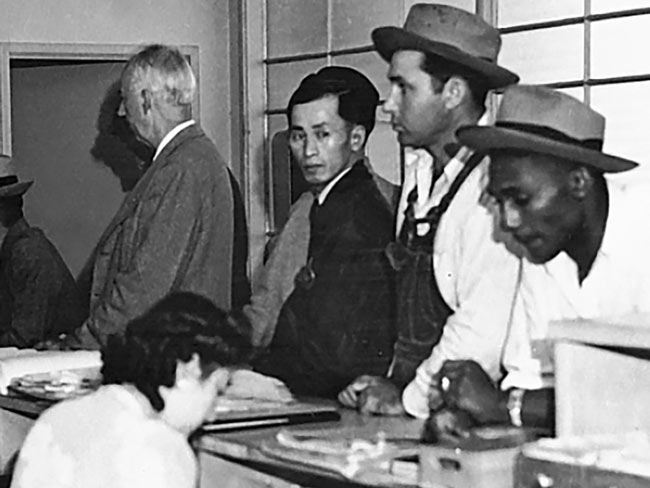
August 25, 2021
Kaiser Permanente’s history of nondiscrimination
Our principles of diversity and our inclusive care began during World War …

August 19, 2021
Supporting small businesses owned by people of color
Kaiser Permanente’s partnership with Local Initiatives Support Corporation, …
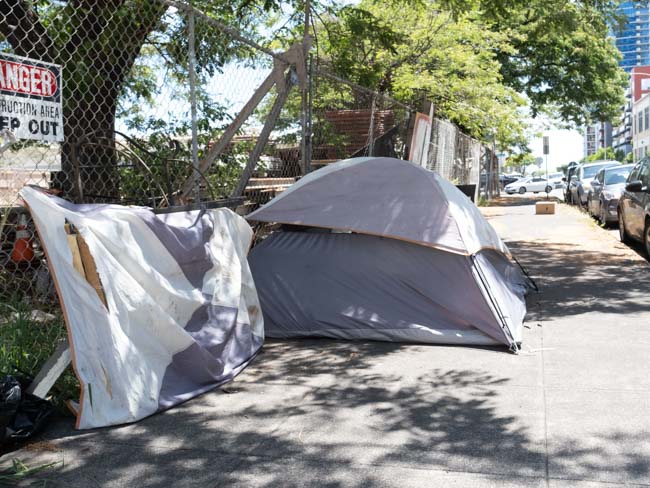
August 18, 2021
$300K donation to house homeless veterans
Funding is part of a $3 million partnership with Community Solutions for …

August 17, 2021
Homeless in a pandemic
For people without a safe place to call home, good health is often out …
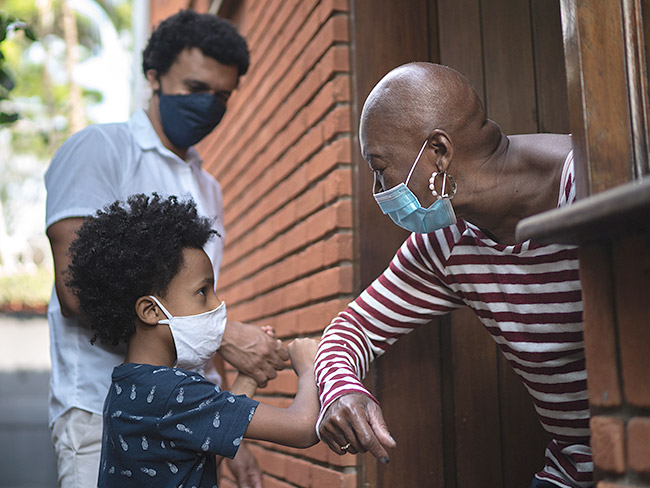
July 7, 2021
Achieving health equity
Equal medical care is not enough to end disparities in health outcomes.

June 2, 2021
Path to employment: Black workers in Kaiser shipyards
Kaiser Permanente, Henry J. Kaiser’s sole remaining institutional legacy, …

May 24, 2021
Supporting access to telehealth for vulnerable populations
Kaiser Permanente grants help fund community organizations working to expand …

April 30, 2021
Our support for banning menthol cigarettes, flavored cigars
Kaiser Permanente applauds the Food and Drug Administration’s commitment …
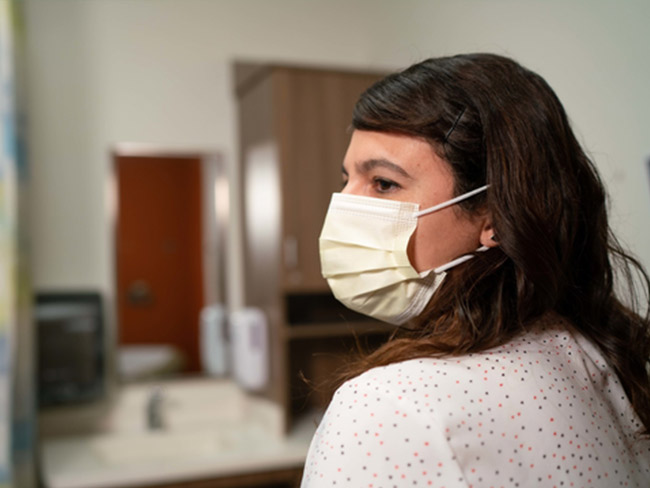
April 28, 2021
COVID-19 outcomes are more severe for people of color
Kaiser Permanente research underscores the importance of culturally appropriate …

March 23, 2021
Vaccine Equity Toolkit will help address equitable access
As vaccines bring hope to end the pandemic, Kaiser Permanente’s toolkit …

October 7, 2020
Advancing health equity in education and the workplace
Kaiser Permanente supports California measure allowing universities and …

November 8, 2019
Swords into stethoscopes — veterans in health professions
Kaiser Permanente has actively hired veterans in all capacities since World …
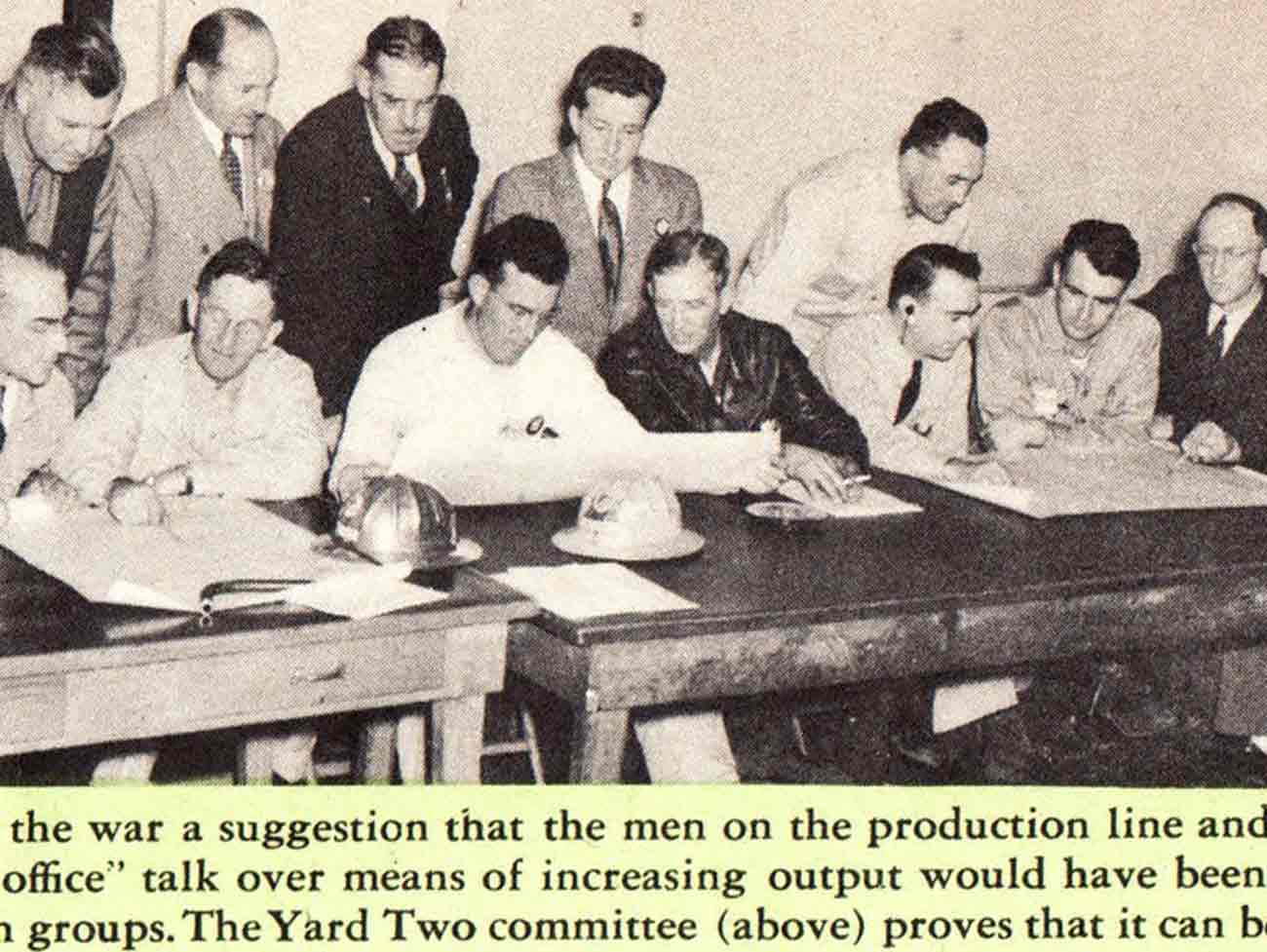
August 28, 2019
When labor and management work side by side
From war-era labor-management committees to today’s unit-based teams, cooperatio …
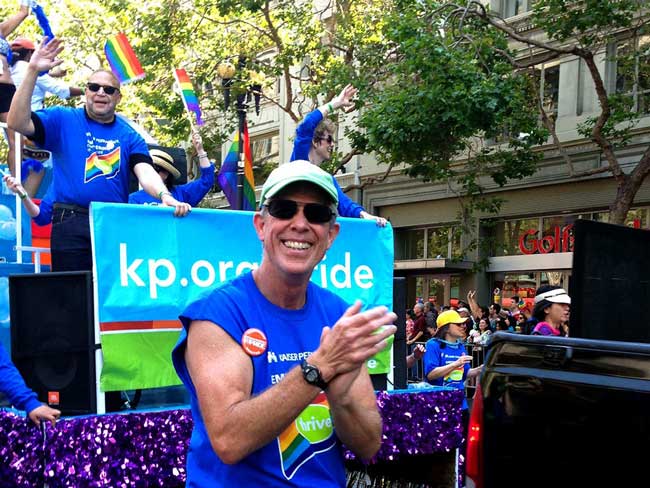
June 5, 2019
Breaking LGBT barriers for Kaiser Permanente employees
“We managed to ultimately break through that barrier.” — Kaiser Permanente …

March 29, 2019
Equal pay for equal work
Kaiser shipyards in Oregon hired the first 2 female welders at equal pay …

March 8, 2018
Slacks, not slackers — women’s role in winning World War II
Women who worked in the Kaiser shipyards helped lay the groundwork for …
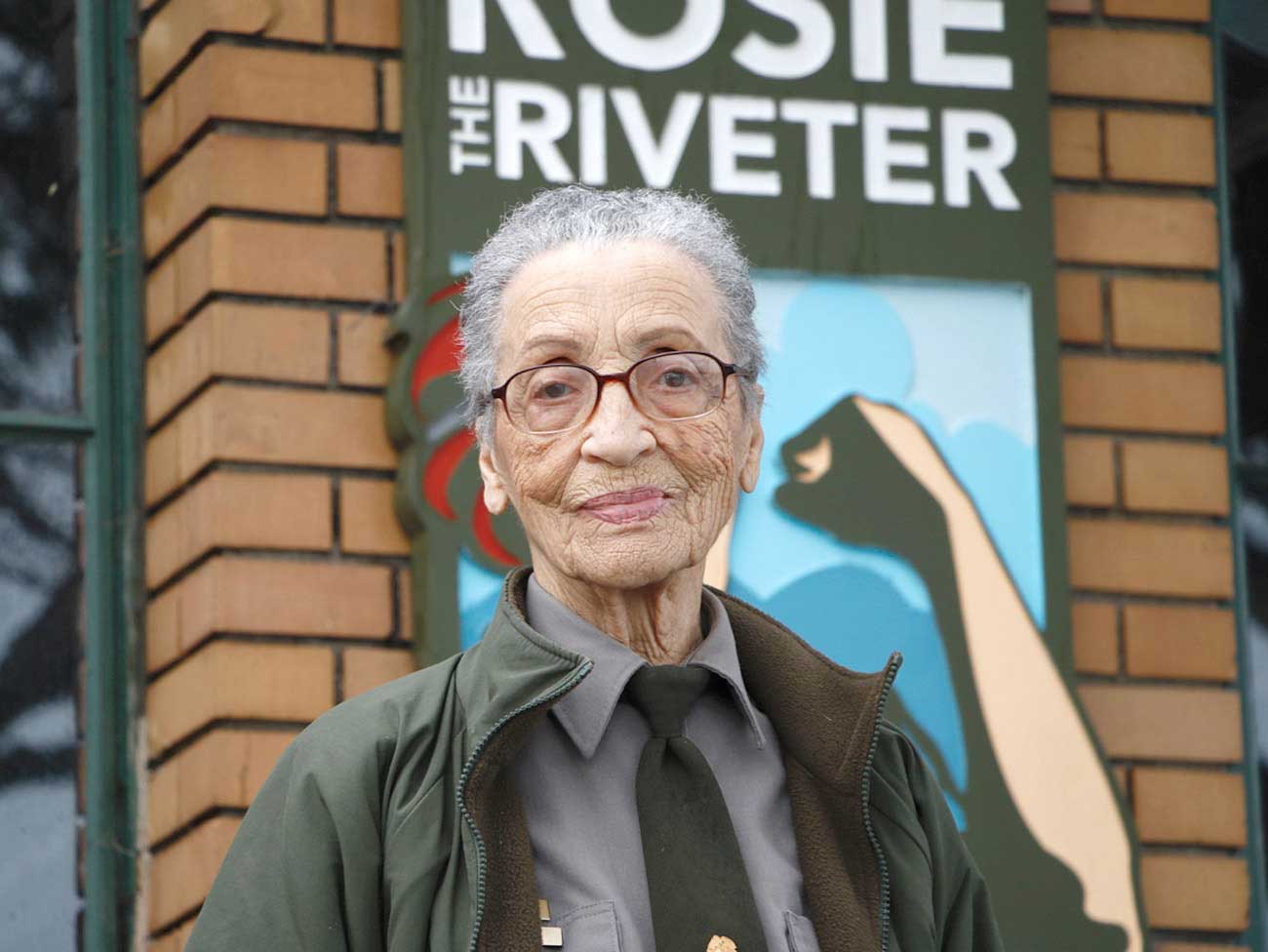
February 22, 2018
The amazing true story of Park Ranger Betty Reid Soskin
She is the oldest national park ranger in the country with a legacy of …

October 12, 2017
An experiment named Fabiola
Health care takes root in Oakland, California.

August 10, 2017
‘Good medicine brought within reach of all'
Paul de Kruif, microbiologist and writer, provides early accounts of Kaiser …
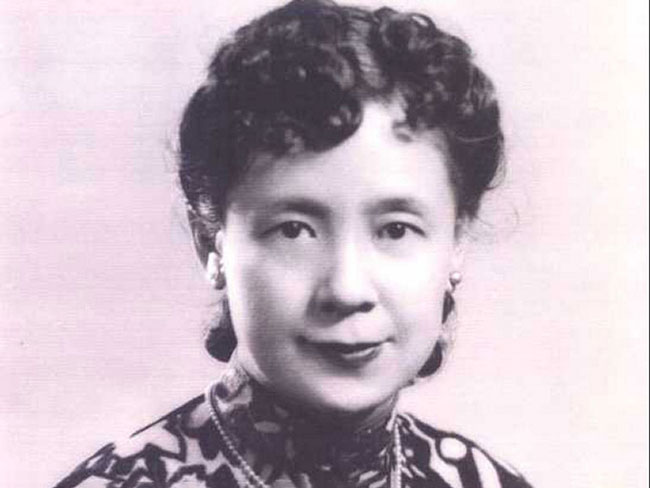
March 7, 2017
Beatrice Lei, MD: From Shantou, China, to Richmond, California
She served as a role model and inspiration to the women physicians and …